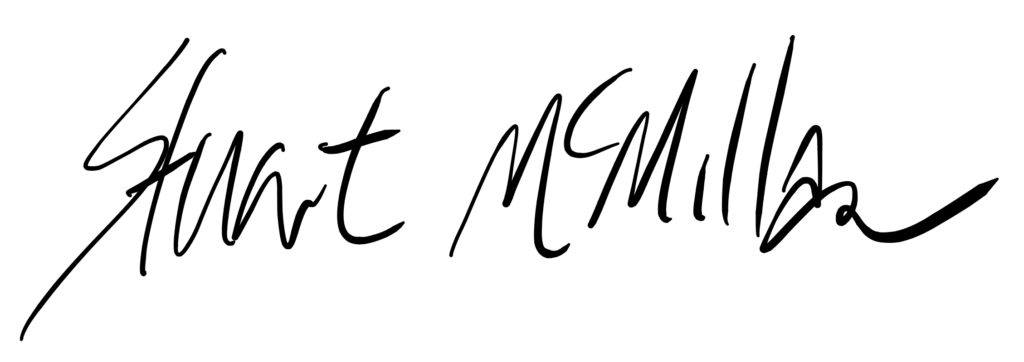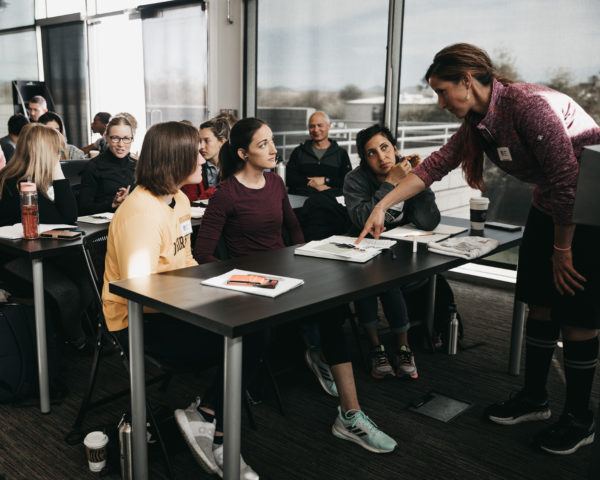A quick word on coaching education:
The sport performance industry has traditionally valued what has been termed ‘technical skills’ (knowledge of anatomy, biomechanics, physiology, etc.), and thus has developed accreditation processes based upon Courses that teach these skills. More and more, however, employers are prioritizing the character of their employees, and are less-interested in the typical technical course certification processes.
Similarly, prospective employees see many of these Courses simply as tick-box exercises – something that they have to do to get the job.
This situation serves no one.
A few months ago, we began reaching out to a few of our friends in the industry to see what they look for in their new hires — what are the things that are important to them as employers?
(because shouldn’t this be the starting point for coaching education content— figuring out what employers actually want from their coaches?)
When going through these responses, it became pretty clear that a few major themes kept popping up— and they were very different from what is currently offered as industry-standard coaching education certification!
For example, my friend Loren Landow mentioned “growth mindset”.
Similarly, Martin Buchheit spoke about a “willingness to learn”, and “open-mindedness”.
When was the last time you saw growth mindset and open-mindedness in a coaching certification?
These types of attributes mirrored those I received to my tweet, where “curiosity” was mentioned by over ⅓ of all respondents, with other responses mentioning competence, humility, passion, likability, self-awareness, and adaptability.
(thanks to Alex Samma for compiling all the numbers for us)
To better organize our thoughts around everything, we have reduced and categorized all of the responses to the following three major themes — which coaches have consistently communicated as the things they look for in new employees:
- How to think (critical thinking)
- How to interact (what Brett Bartholomew calls ‘social agility’ – or the ability to communicate effectively, and work as part of a team)
- How to operate, and how to work as a part of a team)
So these are the ‘traits’ – or the ‘attributes’ – that are most-important to employers — but what about ‘skills’?
Surely, there has to be some level of technical expertise that is still required, right?
And sure enough — when I dug deeper, it became clear that employers wanted their new hires to have a certain level of technical expertise, but they were just not consistently able to find it. In short, prospective employees were learning the wrong skills!
So what are the right skills?
What are the skills that employers are looking for? What are the types of things every new coach should know, regardless of their role, sport, and athlete population?
When we dug deeper into our conversations, there were a few things that continued to pop up, which we reduced and categorized into the following three themes:
- How athletes learn (developing expertise, and motor learning)
- How athletes move (effectively, the reciprocity of health and performance)
- How coaches plan (load-adaption, and first principles of planning training)
+++
In totality, these six themes — thinking, interacting, operating, learning, moving, and planning — form the foundation of our Mentorship Program, a Program developed specifically to teach early-career coaches how to both better understand the things that improve their coaching ability, and their coaching employability.
If this is something you are interested in you can find all the details here.
thanks for reading


